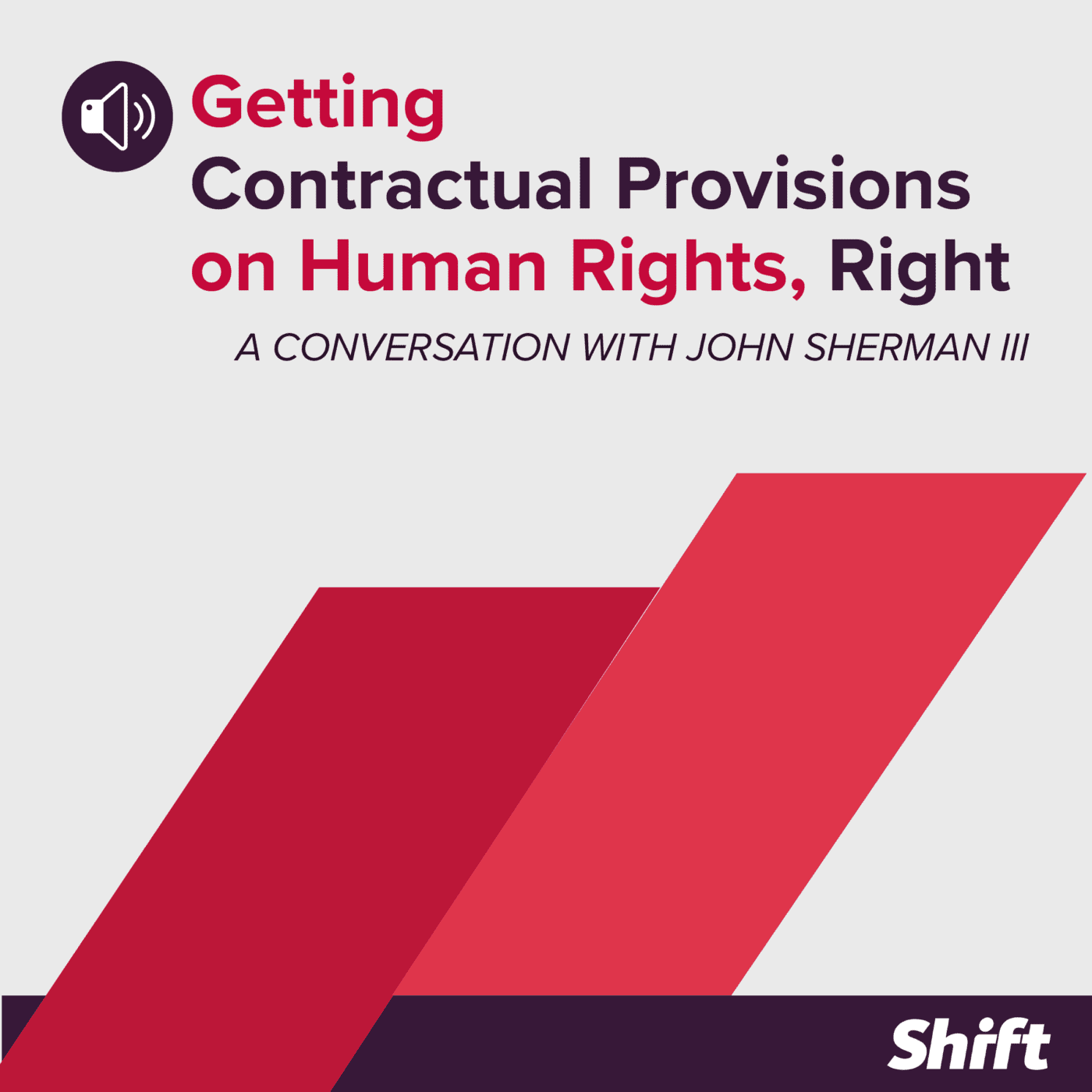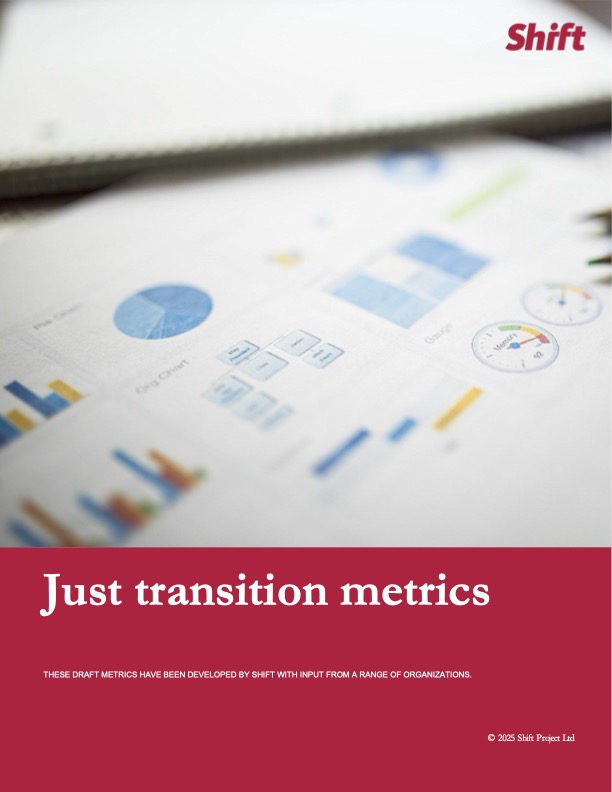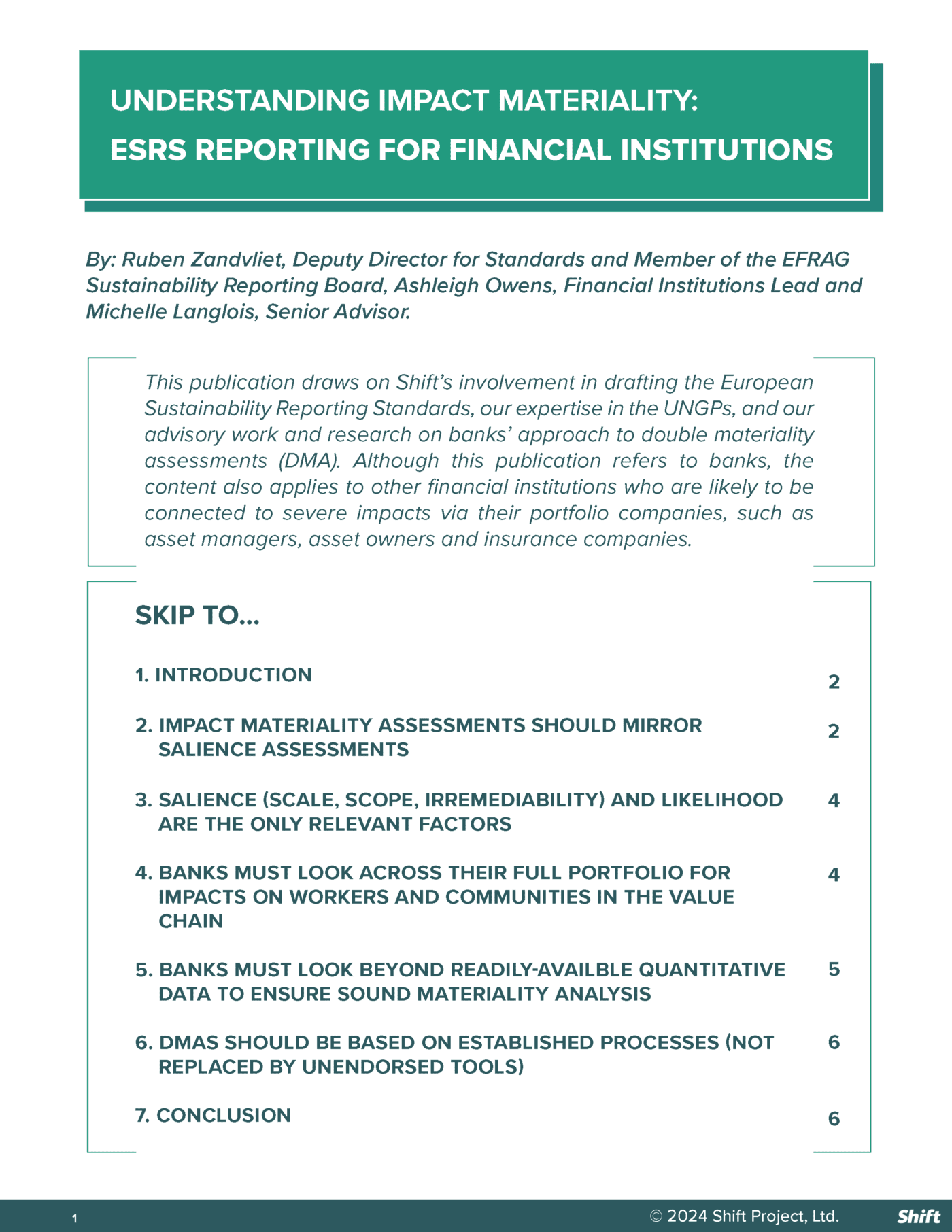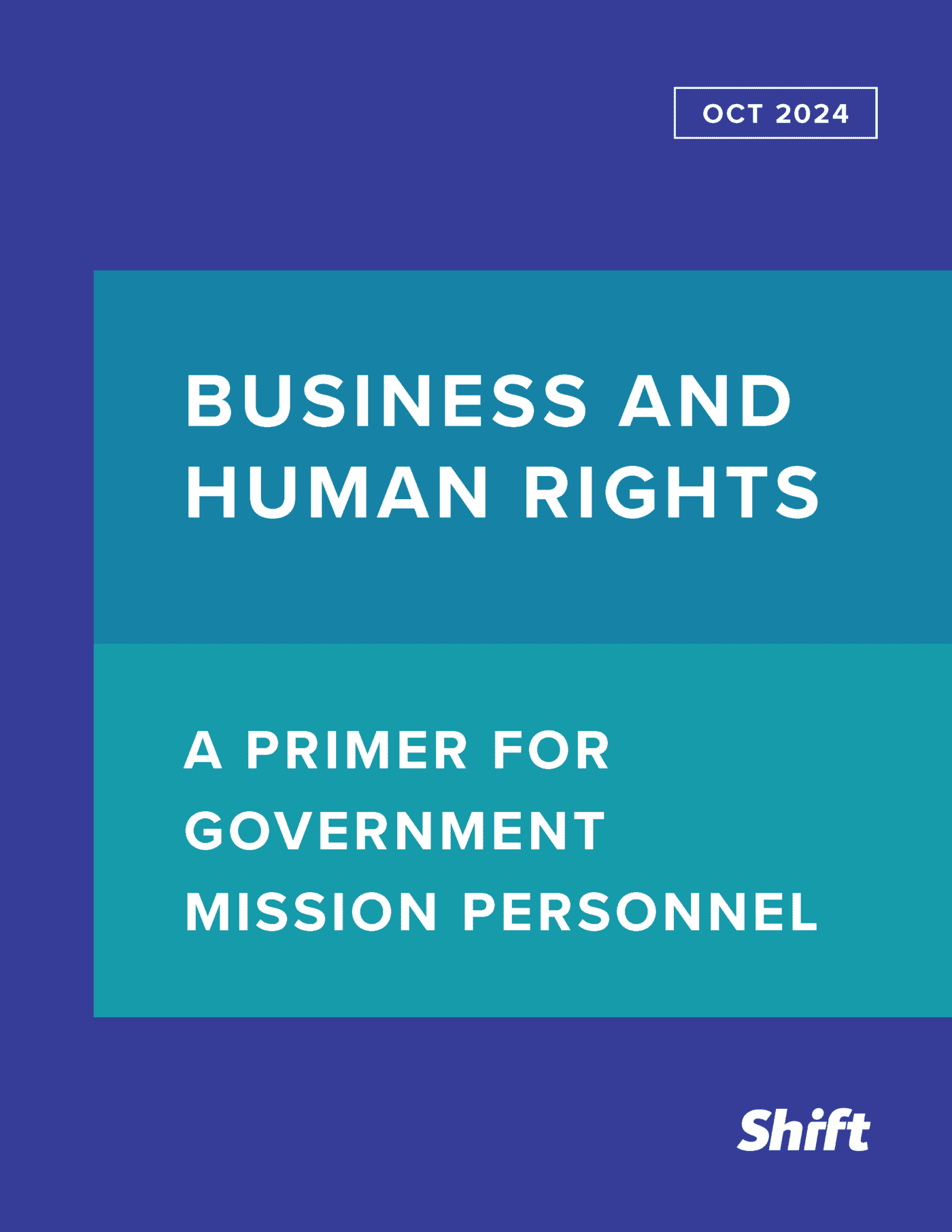The American Bar Association (ABA) is the largest voluntary association of lawyers and law students in the U.S. and the world. It was the first national bar association to have formally endorsed the 2011 UN Guiding Principles on Business and Human Rights (UNGPs) and has made the elimination of modern slavery and child labor in supply chains a signature goal. I have been an ABA member for many years, starting as a former corporate lawyer who worked for a large multinational company, and continuing when I moved to the field of business and human rights.
I am therefore happy to report that in March of 2021, a Working Group of the ABA Business Law Section published its Model Contract Clauses to Protect Workers in International Supply Chains (Model Clauses). This version offers contract lawyers the opportunity to use contract language that would explicitly operationalize human rights due diligence in supply chain contracts, in order to make clear that abuses of workers’ rights occurring in global supply chains is a shared responsibility of buyers and suppliers. (The Model Clauses are for informational purposes, do not constitute legal advice and are not official ABA policy.)
This version offers contract lawyers the opportunity to use contract language that would explicitly operationalize human rights due diligence in supply chain contracts, in order to make clear that abuses of workers’ rights occurring in global supply chains is a shared responsibility of buyers and sellers.
The traditional approach of buyers’ legal counsel towards the problem of human rights issues in business supply chains has often been to shift most responsibility to suppliers. This resulted in the creation of supply chain contracts that require suppliers to meet prescribed human rights standards (often in the form of boilerplate codes of conduct for suppliers), breach of which could entitle the buyer to the full range of contract remedies (including damages, rejection or resale of the goods, termination of the contract, and indemnification), whether or not the buyer’s own decisions or actions contributed to the breach.
This is sometimes referred to as a “top-down compliance” approach because it is based on representations and warranties of performance that the supplier must adhere to in the contract. However, this approach is in tension with human rights due diligence under the UNGPs, which provide that since buyers can contribute to human rights impacts by suppliers (e.g., by repeatedly making last-minute quantity and design changes without due consideration of the potential impact on workers, as suppliers scramble to meet those changes), they should share responsibility for addressing the impacts. (In addition, even where the buyer does not cause or contribute to the impact, it should exercise or try to build its leverage to prevent the impact where it is directly linked to the buyer’s goods or services.)
Not only is such an approach problematic under the UNGPs, but substantial research has shown that it is not effective to improve supply chain human rights performance; i.e., it often ignores the root causes of human rights abuse, and does not prevent its recurrence. By failing to do so, a top down compliance approach can perversely encourage suppliers with low margins and inadequate financial and managerial capacity to meet contractual human rights standards to cheat, in order to keep the customer’s business. This approach by buyers has sometimes been called “paying for a bus ticket expecting to fly.”
A top down compliance approach can perversely encourage suppliers with low margins and inadequate financial and managerial capacity to meet contractual human rights standards to cheat, in order to keep the customer’s business.
The Model Clauses seek to address this problem by shifting from a top-down compliance approach to a human rights due diligence approach. A key driver for the changed draft is the need to prepare lawyers to be able to align their clients’ contracts with the likely enactment of mandatory human rights due diligence legislation in the EU, which will affect US companies that do business in the EU.
The Model Clauses are not intended to be a binding standard. It is suggestive only, and does not constitute legal advice. It is not official ABA policy. Rather, it is aimed at buyers who truly want to align their supply chain contracts with the UNGPs, but don’t yet know quite how to do so. As opposed to reinventing the wheel, the Model Clauses provide a suggested model for doing so.
Multistakeholder Consultation: The Model Clauses are the product of extensive research and consultation with a wide variety of different types of lawyers in the ABA, including commercial, business, and human rights lawyers. The Working Group also solicited wide input from civil society and businesses. Its goal was to develop contract language that is practical, reasonable and readily operationalized.
The Model Clauses incorporate changes in two key areas, which I discuss below:
- Moving to a Human Rights Due Diligence Regime
First, the Model Clauses explicitly incorporate language that would require buyers and suppliers to perform the contract in accordance with the human rights due diligence provisions of the UNGPs. The suggested language would flow this responsibility through the entire supply chain. It would make clear that seeking to prevent human rights impacts in the supply chain is a shared responsibility of buyers and suppliers at all supply chain levels.
- Shared Responsibility to Understand and Remedy Human Rights Impacts.
Second, the Model Clauses would recognize the shared responsibility of buyer and supplier to remedy human rights impacts. It would oblige the suppler to have in place adequately funded and governed nonjudicial operational level grievances mechanisms, and to develop and implement a plan to remedy adverse human rights impacts resulting from their performance of the contract. Buyer and seller would cooperate to understand the causes of the impacts. And if it is determined that buyers contribute to them, the buyer would be obliged to cooperate with the supplier to contribute to the remedy of the impact. In order to encourage amical resolution of disputes between buyers and suppliers, the Model Clauses would provide for nonjudicial dispute resolution mechanisms prior to litigation.
To implement these changes, the Model Clauses suggest two model Schedules: a Schedule P (human rights contract performance standards) and a Schedule Q (buyer’s code of conduct).
Schedule P would list contractual standards of human rights performance necessary and appropriate to the contract, such as references to the UNGPs and to the OECD Guidelines for Multinational Enterprises and guidance documents on their implementation; to specific human rights legislation and multistakeholder initiatives; to the company’s own human rights policies, supply chain codes, and so forth.
Schedule Q is a proposed buyer’s code of conduct. It would detail the contractual responsibilities of buyers concerning their commitment to respect human rights, buyer selection of suppliers, negotiating the contract, performing and renewing the contract, remediating human rights impacts, and disengagement/responsible exit. Schedule Q is intended to explicitly embody in the contract the expectations that buyers will not undermine the human rights performance of suppliers, as referred to earlier.
In essence, the Model Clauses are designed for buyers’ counsel whose clients want them to implement human rights due diligence in their supply chain contracts. Since human rights due diligence is being reflected or incorporated in the law, particularly in the EU, this is very timely. Lawyers would not have to reinvent the wheel when seeking to integrate respect for human rights into supply chain relationships.
This viewpoint contains the personal views of the author only, not that of any person or entity, including Shift or the ABA. The author was an advisor to the Working Group of the ABA Business Law Section.

 By John F. Sherman III
By John F. Sherman III




